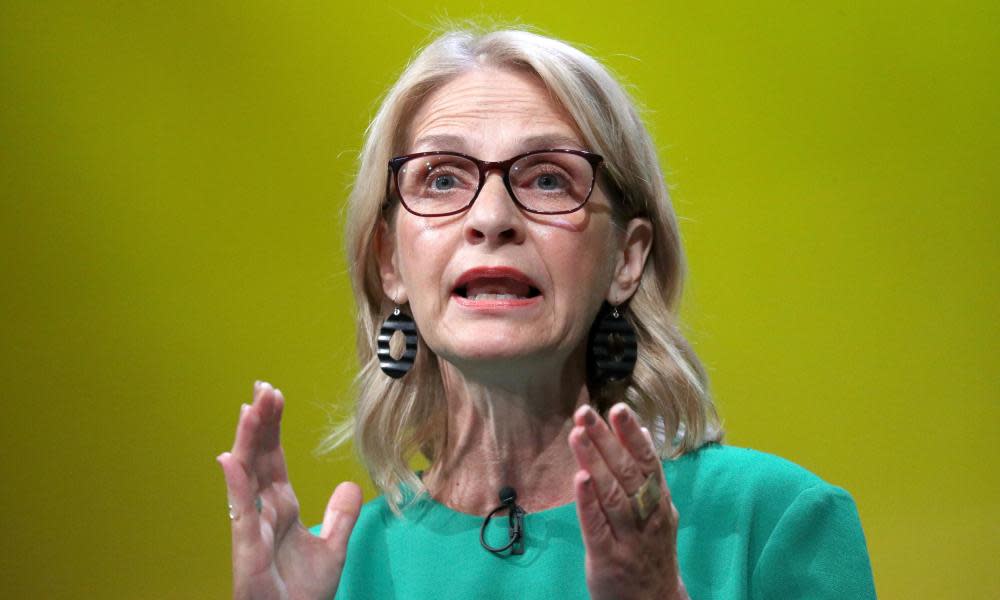One in five UK eating disorder patients forced to pay for private care

One in five patients with potentially life-threatening eating disorders are forced to pay for private care as part of their treatment, with families leaving their jobs and living off credit cards to support loved ones, a report reveals.
The huge financial impact of conditions such as anorexia and bulimia is laid bare in a study showing in England alone the cost of eating disorders was £8bn in 2020, rising to £9.4bn across the UK. This includes a £4.8bn loss of productivity as people cannot work, healthcare costs of £1.7bn and carers costs of £1.1bn.
The devastating toll of the pandemic means eating disorder services are treating more patients than ever, with a record number of children and young people now seeking access to NHS mental health services.
Almost a quarter of patients who provided evidence said they were forced to pay privately for part of their treatment because of delays in NHS support or a lack of ongoing support. One 24-year-old male patient said he was unable to work for three years after being hospitalised and now pays £150 a month for nutritional support.
One parent said their family ended up “living off credit cards” to help their child. “The amount of food, then the waste of food, travel, money spent trying to make up for lost opportunities. Eight months off work meant a much-reduced salary,” they said.
Kathryn Simoni, whose 14-year-old daughter was admitted to hospital with anorexia, said her family had been devastated by the illness. “Financially, I no longer work because I have to be with my daughter,” she said, adding that her daughter was still not back at school full-time. “We pay privately for private counselling and private psychotherapy because it is not available on the NHS. It has ripped my family apart. It just comes knocking at your door uninvited and rips your world apart, and the daughter you once knew is no longer there.”
Related: Teenage girls, body image and Instagram’s ‘perfect storm’
The Liberal Democrat MP Wera Hobhouse, the chair of the all-party parliamentary group on eating disorders, said there was something “very wrong” with how eating disorders were treated in the UK.
The study, by the psychiatrist Agnes Ayton, the psychiatric geneticist Prof Gerome Breen and the campaigner Hope Virgo, included evidence from people with eating disorders and carers, as well as analysis from EY on the costs of illness.
Breen said: “This report underlines the massive impact eating disorders have across all age groups. We’ve been able to do some research that indicates tractable biology which could form the basis of novel therapeutics, but increased research funding is needed to develop these.”
Virgo said the costs were “sadly” unsurprising and that the report acted as a stark reminder of the fact people were “being left in limbo without any support”.
The report said that due to a rise in demand for services “an overrun, broken system” had “fallen to its knees” and needed urgent change. It is calling for ringfenced funding and better training for all doctors and frontline staff to manage eating disorder emergencies.

 Yahoo News
Yahoo News 
